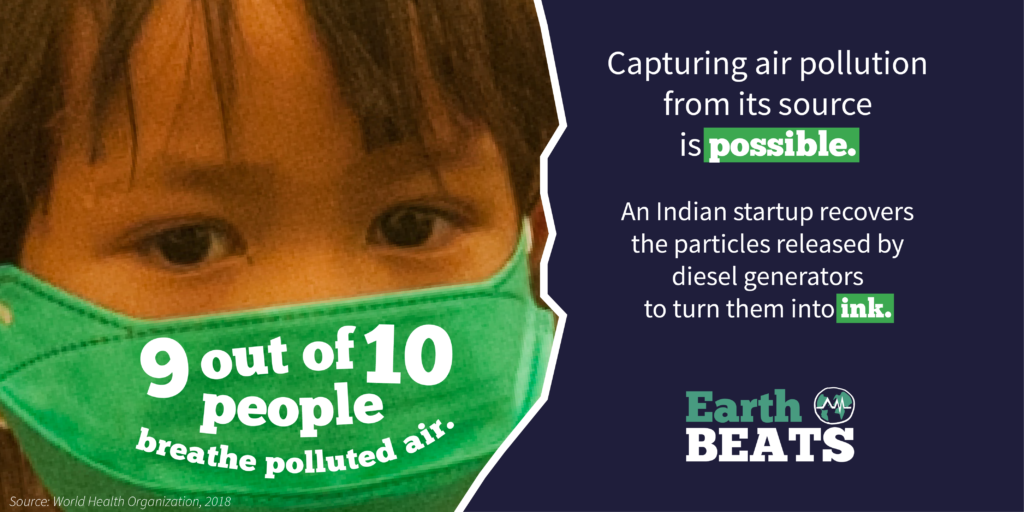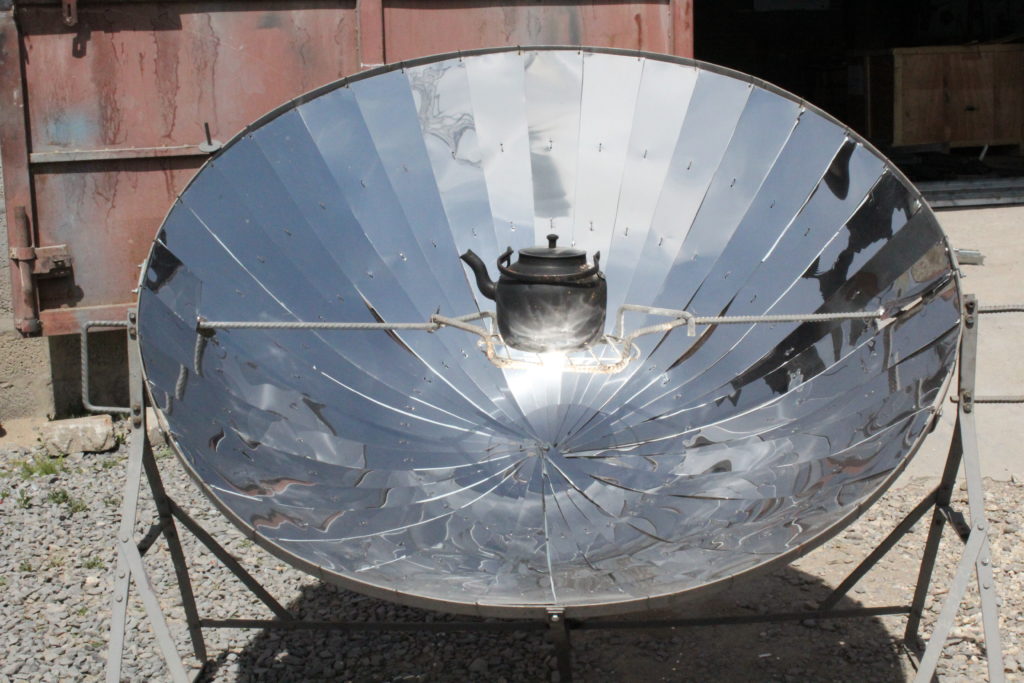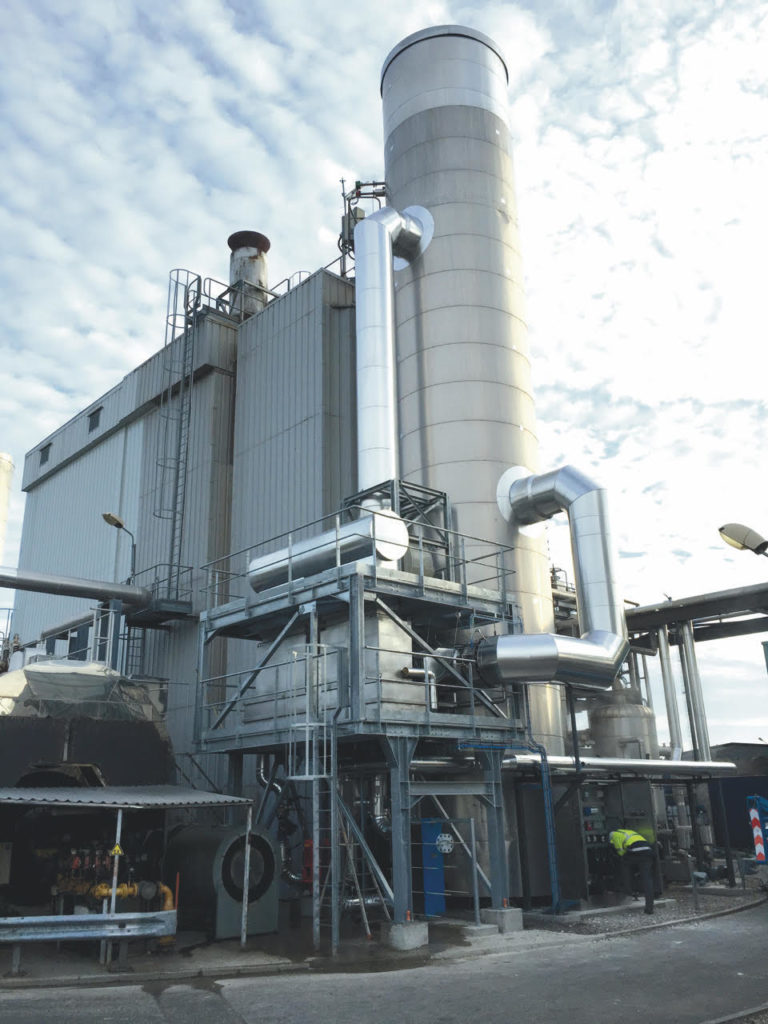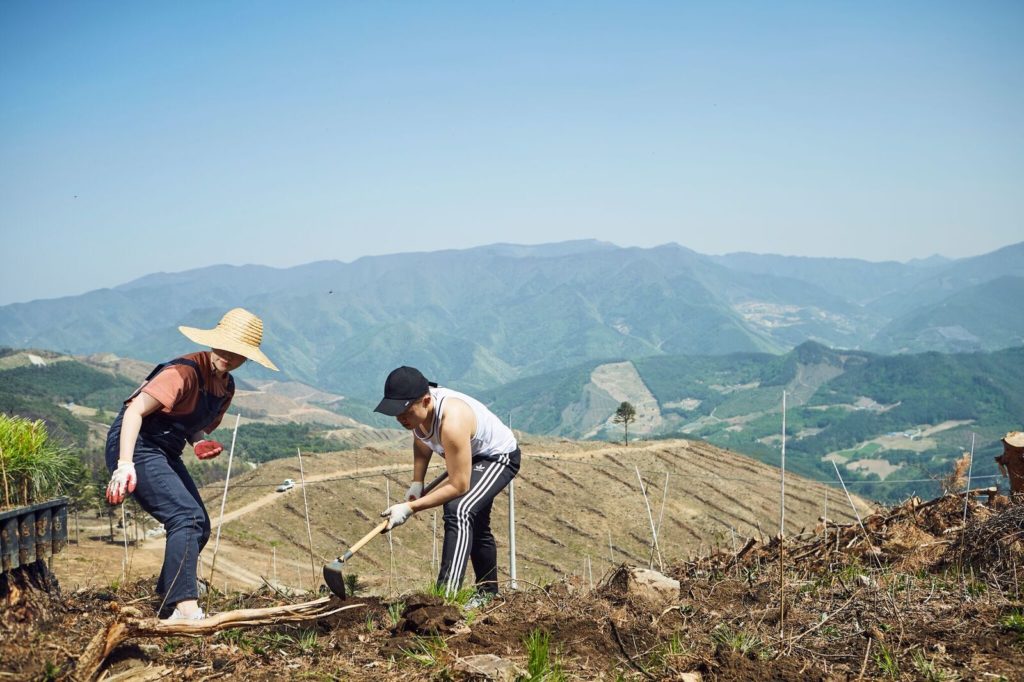4 initiatives fighting air pollution
Air pollution causes 1 in 8 deaths worldwide. It accounts for about one-third of deaths from stroke, chronic respiratory disease, and lung cancer as well as one quarter of deaths from heart attack. The main suspect is known : unsustainable timber and wood harvesting. Not only does unsustainable wood harvesting leads to land degradation it also reduces trees’ abilities to absorb emitted carbon(carbon sequestration). As trees are less and less able to sequester carbon, the CO2 emissions that result from cooking with wood and charcoal are dramatically impacting the quality of air, endangering all. Discover four innovative way to tackle air pollution #EarthBeats.

Qadardan : solar energy over coal consumption in Afghanistan
According to Afghanistan’s National Environmental Protection Agency (NEPA), air pollution is at dangerous levels in Afghan cities: it particularly affected Kabul during the last months of 2018. Excessive coal consumption in winter is the biggest factor in air pollution. Founded in 2003 by Habib al Rahman Qadardan, Qadardan Company is using solar energy in order to limit these nocive emissions. They produce alternative household items such as solar baths in which the water is heated by the thermal energy of the sun or ovens made of reflective metal pieces that concentrate solar heat in one spot. “We are hopeful that our products can reduce the use of coal in the winter and wood in all seasons,” said Qadardan. “Using coal and wood for heating and cooking is a threat to clean air, especially in large cities.” Read more in The Nation and Haaretz.

Chakr : making ink out of pollution
Fourteen out of the 20 most polluted cities in the world are in India, according to the World Health Organization (WHO). One of the main sources of this pollution are diesel generators. The Indian startup Chakr, founded in 2015, decided to tackle this problem at its source by reducing the pollution from diesel generators, and turning it into ink and paints. The Chakr Shield fits in the exhaust pipe of a diesel generator and captures 70 to 90 percent of the particulate matter generated as engine exhaust. They have so far installed 70 particulate-capturing machines and claim to have purified about 50,000 billion litres of air that would have otherwise gone unfiltered into the atmosphere. Learn more about this device in The Hindu, Yicai Global, The Philippine Star (in English) and Dong-A Ilbo (in Korean).

Terrao heat exchanger : Heating buildings with factory fumes
When factories eject fumes into the air, they are polluting the environment and wasting energy. With its “Terrao” heat exchanger, the French startup Starklab has found a way to capture that energy while removing the noxious particles. Their innovation is based on the simple principle of mixing hot air directly into water to transfer energy. “Its strength,” said its inventor Jaouad Zemmouri, “is the ability to treat pollution at the same time it recuperates energy”, making it ideal for cleaning noxious substances from factory emissions. In 2016, the Terrao exchanger was tested on a waste incinerator and proved able to capture particulate matter (95 percent of PM10 and 80 percent of PM2.5), nitrogen oxides, sulfur oxides, CO2 and more. Trapped in water, these pollutants could then be treated using classic methods, while the energy from the fumes was recycled as heat. Read the complete article in The Hindu.

Tree Planet, a South Korean social enterprise that plants trees around the world
Founded in 2010, the company has created 190 forests in 12 countries, planting a total of roughly 800,000 trees. Tree Planet’s co-founders Min-Cheol Jeong and Hyoung-Soo Kim first project was a tree-growing mobile game: if a user successfully took care of a virtual seedling until it became a full-grown virtual tree, the company would plant a real one in a forest, funded by the advertisements in the game. They leveraged the popularity of K-pop with the Star’s Forest project, in which fans of a particular celebrity work together to grow virtual trees. Tree Planet then created real forests named after the fans’ idols like Shinee and Girls’ Generation. “A 40-year-old tree absorbs 35.7 grams of fine dust in a year,” said Jeong. “It’s the equivalent of a cup of espresso.” In 2017, the company launched its new project: “Companion Trees” with which 32,000 trees have been adopted — and an equivalent number donated and planted in forests. Read more in Yicai Global, The Philippine Star, and Dong-A Ilbo (in Korean).


While citizens mobilize for Earth Day, 18 media outlets investigate local initiatives against pollution and waste. The collaborative editorial operation Earth Beats gathers renowned newspapers: including Le Figaro, Corriere, Haaretz, L’Economiste, La Nacion, Yicai Global, Delo, L’Orient Le Jour, The Philippine Star and The Hindu and more. The operation is coordinated by Sparknews with the support of ADEME, the UNESCO MAB Programme, Le Jour de La Terre, Impact Hub and CDC Biodiversité.
You, readers, citizens, leaders, investors, consumers, can broadcast these solutions, so that tomorrow’s world remains sustainable.





